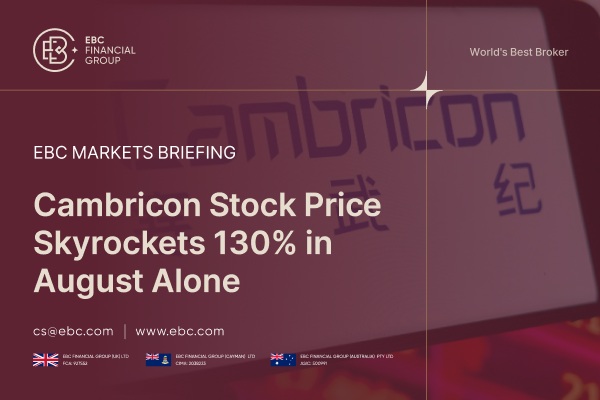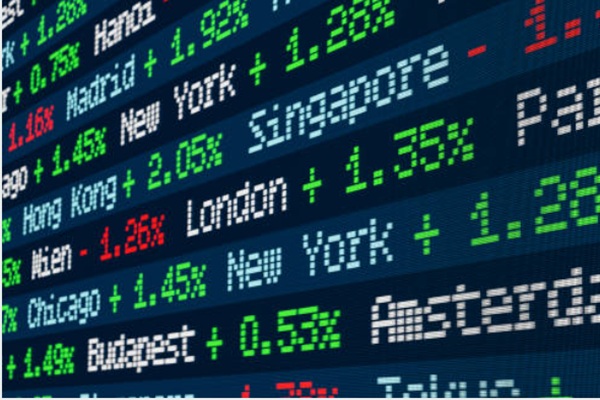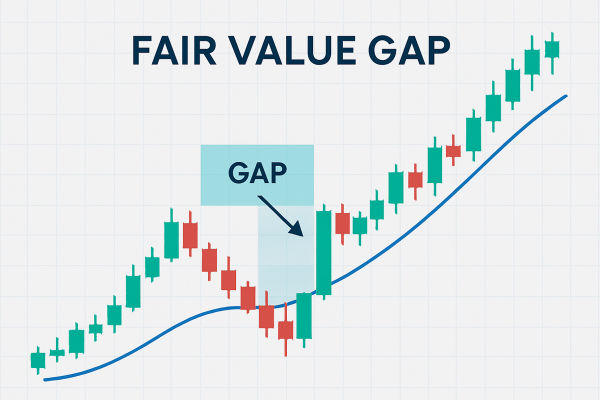Most forex traders do not work in large investment banks, and the
vast majority of forex traders use their free time to occasionally
try a few trades. In contrast, individual traders are "small men", while
investment banks are "giants". The former lacks the latter's basic equipment,
logistics personnel, research conditions, the latest information systems,
analysis software, and hardware, as well as an environment for peer competition.
However, small people also have some advantages that giants do not have. In
order to effectively defeat giants in the market, individual traders must fully
leverage their advantages.
Advantages of individual forex traders
1: No need to force transactions
Not comfortable, but with higher profit opportunities. This is the advantage
of rejecting transactions. As Bill explained, personal trading clearly has an
advantage in this area over professional trader in investment banks, who must
cope with the supervision of upper management.
If you work as a trader in a large institution, it's probably hard to say,
'Today's market doesn't look very good; let's read the newspaper,' because the
boss may have said earlier, 'What newspaper do you read if you don't trade?' In
fact, if a trader can reduce the number of trades by 50%, they can usually make
more money.
250 trading days a year, assuming you make one transaction every day, do you
know what the final outcome will be? As a result, there are only five key
transactions, and the view of three transactions is completely wrong, causing
you to lose a lot, and the judgment of two transactions is completely correct,
causing you to make a profit. The remaining 245 transactions are
irrelevant—small gains and small losses. In many cases, it is not suitable to
enter the market, but you reluctantly trade, and the result can only be
expected. Unwrapping your exit and being a little careless may even lead to a
poor winning position, resulting in significant losses. There are only a few
real winning or losing decisions.
It is important to understand the benefits of 'off-the-market watching'. If
there is no appropriate market trend and no high chance of winning, do not force
yourself into the market. The key to the entire trading game is to continuously
grasp the advantage. The bet must have a high chance of winning. If you always
grasp this principle, you can take the lead, and of course, the destructive risk
must be low enough to not be knocked out by three or two consecutive losses.
Therefore, assuming that you work as a trader in a large institution, and if
someone keEPS staring at you and says, 'You don't take care of trading
positions?' Should you read the newspaper? The correct answer is' Exactly so '.
However, the management may not listen.
2: Decision Control Procedure
If you operate your own funds, do whatever you say. All decisions are under
your control. Similarly, if you are not a floor trader and engage in proxy
operations, as long as the clients are all individual investors, there is still
considerable room for investment.
Individual investors don't call you every day to bother you because they
don't care about what position you hold—long, short, or short. In every aspect,
you are the only decision-maker: what to trade, when to trade, or whether to
trade. I smile because, like you, I have been at this level for some time now,
and I operate my own funds—you, me, or every trader you plan to visit. If our
performance is always at a certain level of 480%, 200%, 80%, or a specific
level, then it is absolutely impossible to succeed.
According to Bill, if you can fully grasp trading decisions, your operational
performance should be ideal, perhaps better than that of a professional trader
in a bank. If individual traders cannot achieve this level of performance, once
someone is watching you, it becomes difficult. When I discussed this with Cavy
Alamoti, the head of derivatives and arbitrage at Donghai Bank, he also agreed
with this view. I mentioned that my trading performance is not inferior to that
of star traders in investment banks. Regarding this, I regret to say that these
star traders have "slightly more capital" than me!
3: Information
Individual investors have more and more information, and they are no longer
inferior to professional traders in this regard or even in the same position.
So, strictly speaking, no one can have the advantage of information.
In terms of the speed of information transmission in 1997, no one can fully
digest it. No one can first obtain information. A person sitting in the living
room of a small town in Kansas watching TV won't lose their speed in obtaining
information compared to the traders in the market. Ten years ago, because I was
in Salomon, my advantage was clearly greater than that of the majority of people
because I had information technology. My residence also had equipment from
Reuters and Deloitte Information, and in New York, only a few traders could
achieve this. Now, all of this is too ordinary.
I hope my home is also equipped with an information system; otherwise, like
other traders, I have to inquire about the market situation through my
colleagues in London. For me, this is equivalent to obtaining second-hand
information. Therefore, through my Deloitte information system at home, I can
work at any time and keep track of the development of the market. Nowadays,
almost everyone can access this type of information, and the advantage of
professional traders no longer exists.
4: Resilience and Agility
We all know that giants are difficult to adjust flexibly, which can be
explained by the laws of inertia in physics. There are similar rules in the
field of trading, which is an advantage that David has mastered.
As a 'sesame mung bean', you can quickly adjust your company's direction.
Many small companies operate in many markets at the same time. For example, if a
market suddenly presents trading opportunities or undergoes structural changes,
it may be difficult for large institutions to react immediately. The larger the
company, the more rubber stamps there are and the more time it takes to adjust.
This is a characteristic of large institutions.
Traders must observe changes in the overall industry, just as the CEO of
Coca-Cola must pay attention to changes in the entire soft drink market. So,
when laws are modified or other structural changes occur, you are more likely to
adjust products or change the market. Throughout the entire trading career, this
advantage may only be applied once, but it is still worth remembering.
5: Pressure
The fate of individual forex traders is completely in their own
hands, and relatively speaking, they usually do not yield to the pressure of
others. However, this may not necessarily be an absolute advantage.
Compared to professional traders, individual forex traders have
less pressure to be supervised, and no one is staring at you and saying, 'You
must do this or should do that.' However, on the other hand, no one is always
reminding you of the norms you should have, such as: 'You must immediately admit
losses; this position is too large; that position is too small.' This may be a
negative number. As an individual trader, there is no supervisor at stake.
Provide suggestions for you. You may say, 'This is a great deal; I want to stick
to it,' but in large institutions, there is usually an enthusiastic supervisor
who tells you, 'This position is not a problem; that position is too big; your
losses are already too severe; you must exit.'
Therefore, as an individual forex trader, you must experience the
positive benefits of external pressure (such as mandatory regulations), so you
must cultivate a spirit of self-discipline.
Disclaimer: Investment involves risk. The content of this article is not an investment advice and does not constitute any offer or solicitation to offer or recommendation of any investment product.






